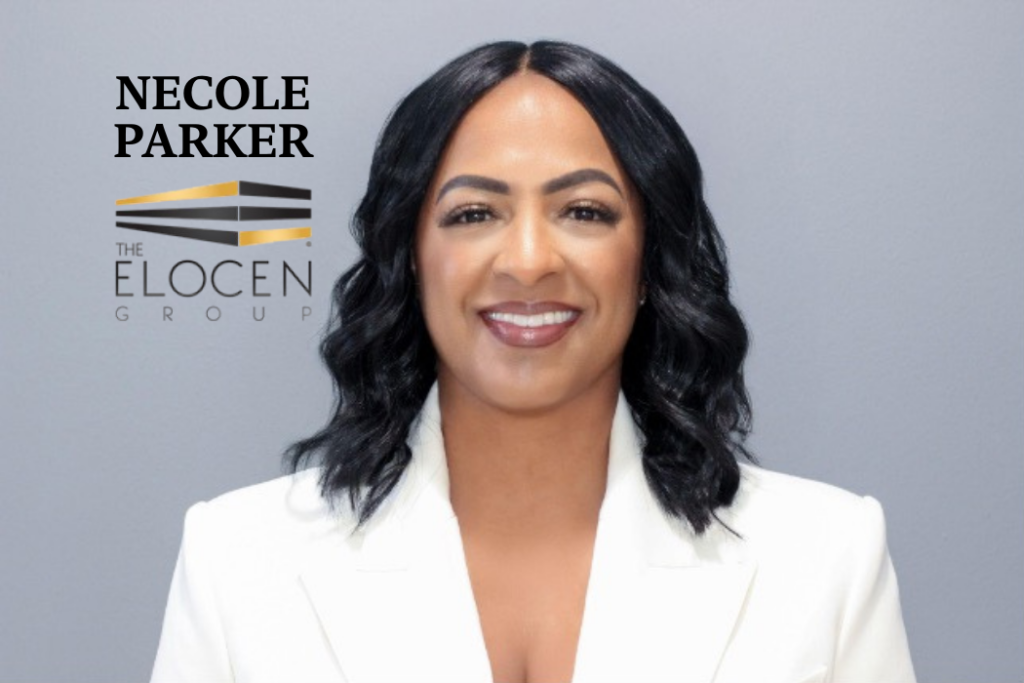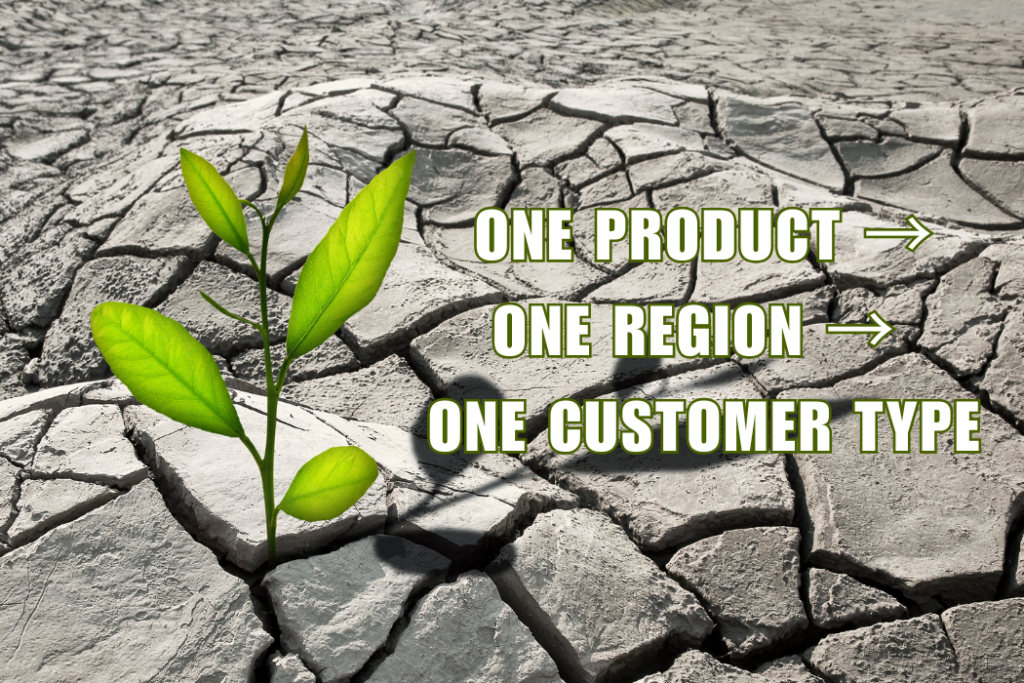
The conversation is always the same. I meet someone new, we stray into the career conversation and then a variation on this exchange happens:
New Person: What kind of business are you in?
Me: I’m in construction!
New Person: Really (expressed with a puzzled grin)? Not what I expected.
Huh? What did you expect? Is there something about my features or demeanor that screams a certain type of job? Nope, it’s my gender.
I was born and raised in the construction industry. My parent’s, Jannie and Richard, started Athena Engineering in 1984; eventually growing it from their townhouse, to a multi-million dollar company specializing in HVAC and building automation. As soon as I could read, write, and understand a filing system, my Mom had me in the office. One of my earliest memories is of walking around a laboratory in a hazmat suit with the legs and arms rolled up, learning about HVAC. I wasn’t supposed to be there, so our project manager and my Dad were holding me up between them to make me seem taller (it didn’t work). I played in dirt, held a welding torch, and had my own little toolbox. Nothing was off-limits.
Fast forward to now and I know why I chose construction – I was never told it was male-dominated, to me it was a career-field wide open to all types of people. It wasn’t until I was in the thick of my industry that I noticed a complete lack of women and when I say a lack, I mean basically none. Throughout my 12-year career, I’m nearly always the only woman at jobwalks, coordination meetings and client meetings. We work hard to find women engineers to add to our team, but rarely find more than 5 to 10 women enrolled in mechanical engineering or construction-related majors. Once I started speaking on panels about the subject, the same question kept coming up – “What advice would you give to another woman trying to make it in a male-dominated industry?” I still don’t know the answer to that question, but I do know one thing; we need to stop telling the future generation that anything is male-dominated.
Either intentionally or not, we tell young girls which industries are unfriendly to them when we call a particular job “male-dominated.” When we say this, what we are really telling girls is that they can try to work in an industry like construction, but men have already claimed those spots and the road to success might be hard-fought. We’re well-meaning and trying to impart a lesson, but we are blind to the seed that the phrase plants in the mind of a young child. Most industries are male-dominated, that is well known and a fact that is repeated ad-nauseum. Change the question and ask yourself which industries are female dominated. In short answer – very few, but it’s our job to change that. We need to stop telling young girls that the industry is full of men; it restricts their imagination, keeping them from dreaming of themselves standing on a dirty jobsite as an electrician, crane operator, engineer, carpenter, or construction executive. The same goes for boys. An industry has no gender, stop giving it one!
The onus is not on just women, it lies squarely on men as well. To my dad, I was both a son and a daughter. My Dad taught me woodwork, model building, and how to check the oil in a car. None of these tasks were gender specific, they were just life skills that I happened to take an interest in. It’s on everyone to remind the young women in their lives that there is no such thing as male domination, the world is open and available for girls too. Teach her how to be strong because this world is tough for everyone, not just for girls.
Let’s stop talking about how everything in construction is dominated by men and reframe the conversation with the young girls we talk to. My answer when asked by young girls about my job is simple – I love building things and if you do too, there’s a space for you. Maybe then one day, our daughters won’t get a puzzled grin with a shocked response when they tell a stranger they’re in construction. They will get a respectful, normal, run-of-the-mill, “That’s cool. Please tell me more.” This is the path to equitable representation of men and women on a construction site, working side-by-side, building our cities.













